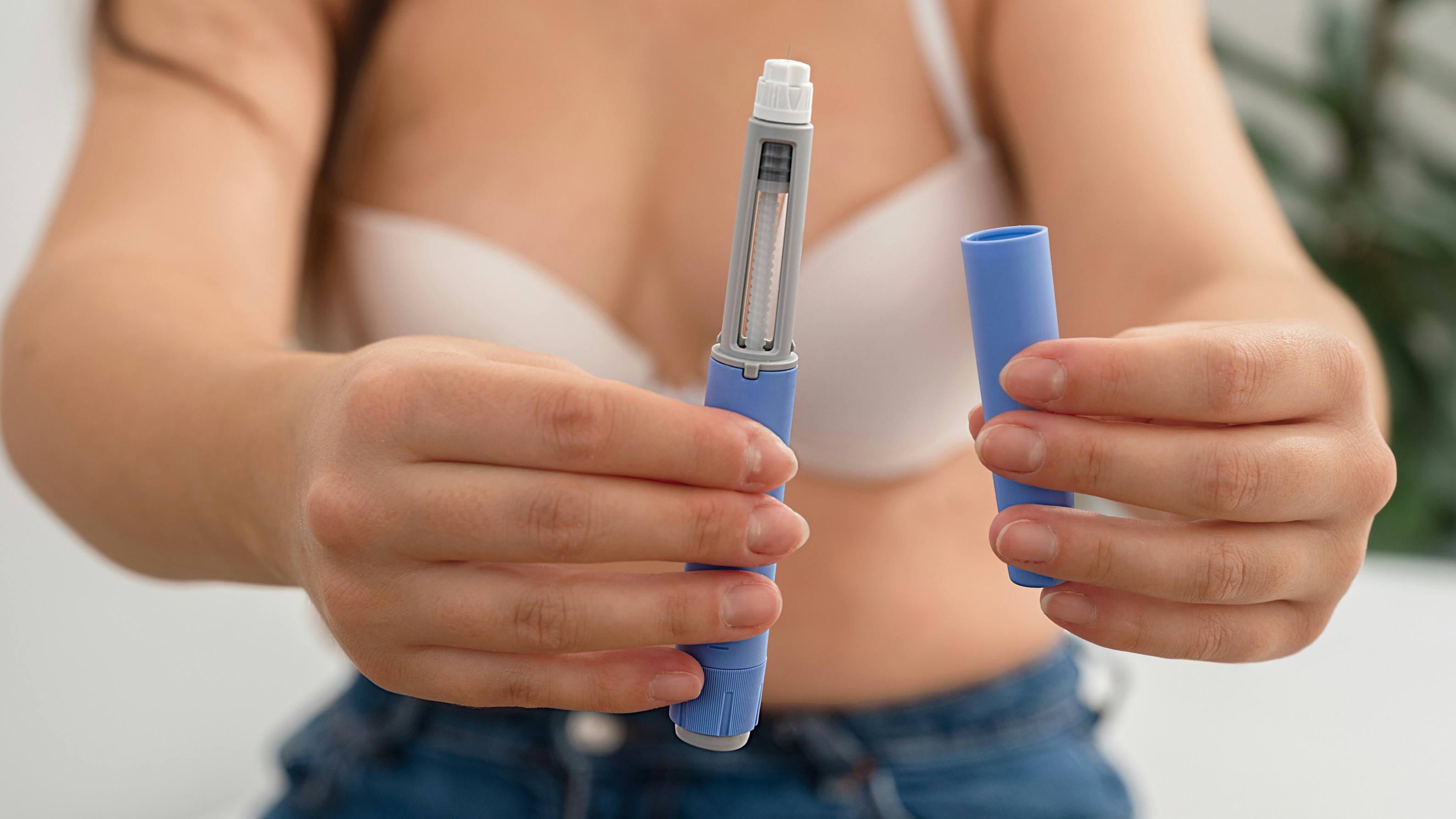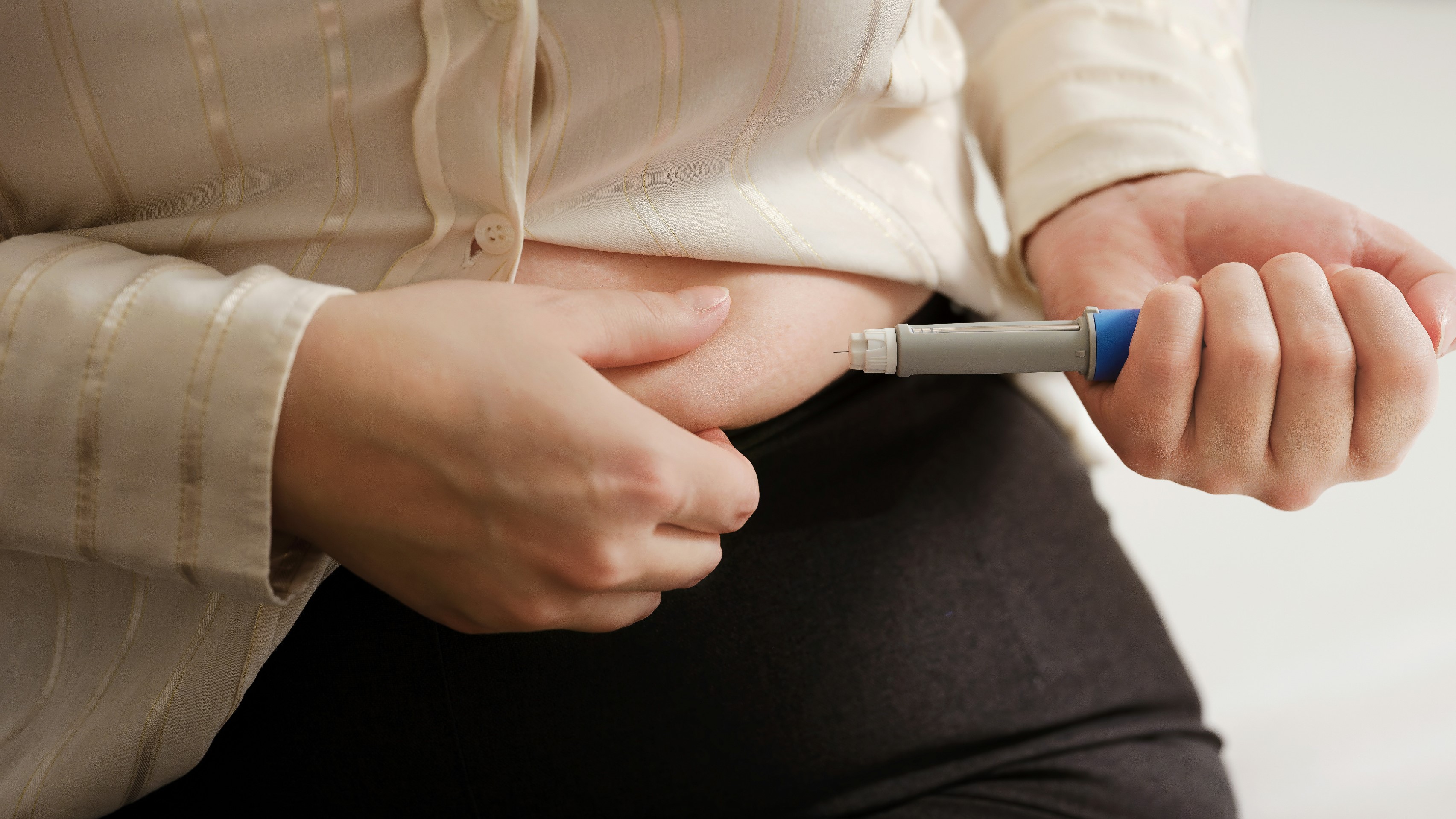Table of Contents


This article provides a comprehensive guide to safely disposing of unused or expired medicines, including prescription and over-the-counter medications, as well as needles and other sharps. Following proper disposal practices helps protect both the environment and public health.
The best way to dispose of most types of unused or expired medicines (both prescription and over the counter) is to drop off the medicine at a drug take back site, location, or program as soon as possible.
If you cannot get to a drug take back location promptly, or there is none near you, you must check if the medication is on the flush list or not. The flush list can be viewed on the FDA’s website here. If a medication is on the flush list, it can be flushed down a toilet. Be sure only to flush the medication, not the container it comes in. You can also check the packaging or insert that came with your medication to see if there are disposal instructions. There may be documentation with your medication on proper disposal.
If a medication is not on the flush list, you can follow these instructions, which are summarized below:
- Mix medicines (liquid or pills; do not crush tablets or capsules) with an unappealing substance such as dirt, cat litter, or used coffee grounds;
- Place the mixture in a container such as a sealed plastic bag;
- Throw away the container in your trash at home
- Delete all personal information on the prescription label of empty medicine bottles or medicine packaging, then trash or recycle the empty bottle or packaging.
If you also need to dispose of needles or sharp objects, you can follow the FDA’s instructions here, also summarized below:
- Place all needles and other sharps in a sharps disposal container immediately after they have been used.
- Dispose of used sharps disposal containers according to your community guidelines. Your community may have any of the following options:
- Drop Box or Supervised Collection Sites
- These can often be found at doctors' offices, hospitals, pharmacies, health departments, medical waste facilities, and police or fire stations.
- Household Hazardous Waste Collection Site
- Your community may have local public household hazardous waste collection sites. These sites usually accept hazardous materials such as household cleaners, paints and motor oil.
- Mail-Back Programs
- You may be able to mail certain FDA-cleared sharps disposal containers to a collection site for proper disposal, usually for a fee.
- Residential Special Waste Pick-Up Services
- Your community may provide special waste pick-up services that send trained special waste handlers to collect sharps disposal containers from your home.
By following these disposal methods, you can ensure the safe and responsible management of unused medications and sharps, contributing to a healthier and cleaner environment.
For more information and answers to frequently asked questions about medication disposal, visit the FDA's FAQ page on medication disposal.

More Articles Like This











